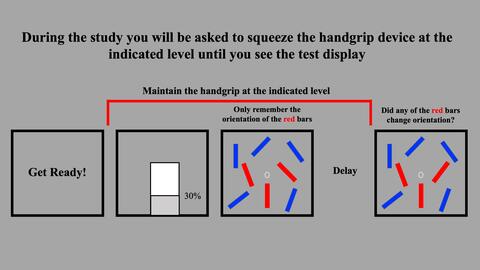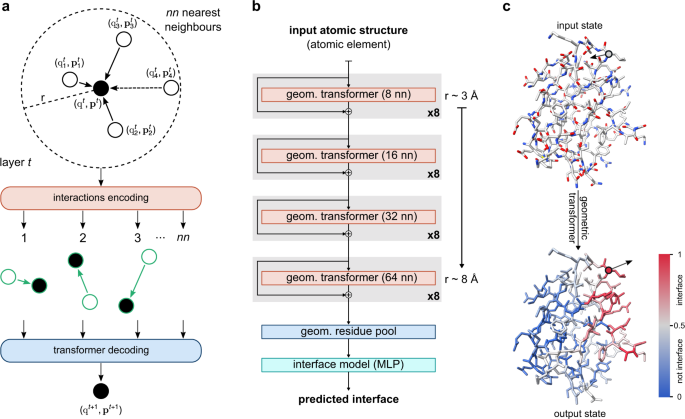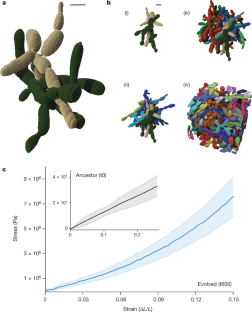短期記憶、認知制御の加齢による衰えを明らかにした。 Finding highlights age-related declines in short-term memory, cognitive control
2023-05-10 カリフォルニア大学リバーサイド校(UCR)

After collecting participants’ initial maximum strength using the handgrip device, participants were asked to grip the handgrip device at low (5%) or high (30%) levels of their grip strength while they complete the working memory task. Participants were given a few seconds with online monitoring to adjust their grip squeeze at the indicated level and were asked to maintain the grip force throughout the trial until the test display asked them to release the device. In the memory display, they were shown 3 red bars alone or 3 red bars surrounded by blue bars and were asked to remember the orientation of only the red bars. At test, participants were instructed to release the hand grip device and indicate if any of the red bars changed orientation. (UCR/Zhang lab)
◆この研究は、身体的労力と短期記憶パフォーマンスとの相互作用を評価し、年齢による課題からの注意分散がどのように影響するかを調査したものである。
◆研究によると、高齢者は、課題に関係のないものを無視する能力が低下し、特に身体的労力が必要な場合に顕著に表れることがわかった。
<関連情報>
- https://news.ucr.edu/articles/2023/05/10/older-adults-are-more-easily-distracted
- https://psycnet.apa.org/doiLanding?doi=10.1037%2Fpag0000746
高齢者における作業記憶二重課題に対する努力型身体的労作の有害な効果。 Detrimental effects of effortful physical exertion on a working memory dual-task in older adults.
Azer, L., Xie, W., Park, H.-B., & Zhang, W.
Psychology and Aging(The accepted manuscript version of this article will be publicly available on 04/26/2024)
DOI:https://psycnet.apa.org/doi/10.1037/pag0000746
Action and cognition often interact in everyday life and are both sensitive to the effects of aging. The present study tested the effects of a simple physical action, effortful handgrip exertion, on working memory (WM) and inhibitory control in younger and older adults. Using a novel dual-task paradigm, participants engaged in a WM task with 0 or 5-distractors under concurrent physical exertion (5% vs. 30% individual maximum voluntary contraction). Effortful physical exertion, although failing to effect WM accuracy in the distractor absent condition for both age groups, reduced WM accuracy for the older, but not young adults, in the distractor-present condition. Similarly, older adults experienced greater distractor interference in the distractor-present condition under high physical exertion, indexed by slower reaction time (RT), confirmed by hierarchical Bayesian modeling of RT distributions. Our finding that a simple but effortful physical task results in impaired cognitive control may be empirically important for understanding everyday functions of older adults. For example, the ability to ignore task-irrelevant items declines with age and this decline is greater when simultaneously performing a physical task, which is a frequent occurrence in daily life. The negative interactions between cognitive and motor tasks may further impair daily functions, beyond the negative consequences of reduced inhibitory control and physical abilities in older adults. (PsycInfo Database Record (c) 2023 APA, all rights reserved)
Impact Statement
In comparison to younger adults, older adults are less likely to ignore distractors in their surrounding when simultaneously engaging in a cognitive task and an effortful physical task. These age-related differences may be amplified in situations where task demands are higher, such as having increased physical exertion or increased distractor load. This suggests that when engaging in everyday tasks that often involve concurrent physical and cognitive action, older adults’ ability to ignore distracting information may be limited. (PsycInfo Database Record (c) 2023 APA, all rights reserved)


